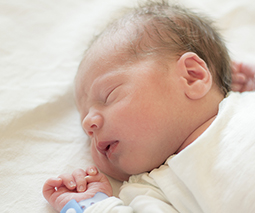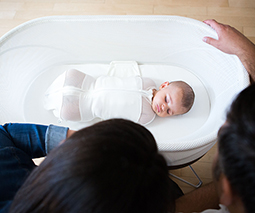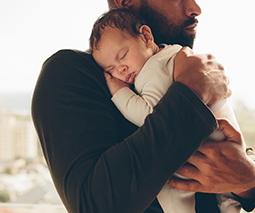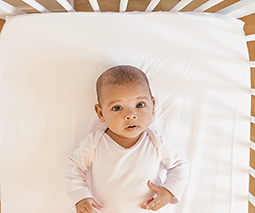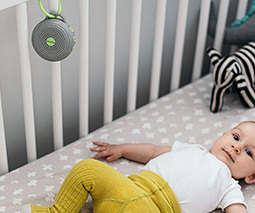From Finland to Japan: How kids’ bedtimes differ around the world

Parenting has a lot of similarities across the world, however, there are some practices that are drastically different depending on what neck of the woods you’re in.
Breastfeeding is one example. Sleep is another. In Australia, the subject of babies and sleep is a million dollar industry. With a few exceptions, we tend to think a certain way about sleep for our little ones: they get their own sleep space, with matching bed linen and a cute mobile. And once your bub is born, the holy grail is aiming to get her to sleep through the night.

But what’s sleep like in other parts of the world? Do they think any differently to us? Here’s what other cultures are doing when it comes to kids’ bedtimes.
Japan
In Japan, it’s the rule rather than the exception for families to sleep together, with babies co-sleeping with their parents until the next baby arrives. And even then, the first child tends to co-sleep with another family member until the age of ten. This is not about saving space but rather, about promoting wellbeing and security in the children. Interestingly, as bed sharing and breastfeeding rates have increased in Japan, their rate of SIDS is currently one of the lowest in the world.
Scandinavia
In Scandinavian countries like Finland and Sweden, many babies are wrapped and popped outside in their prams in the fresh air to fall asleep for naps! This is promoted by health organisations as being an optimal way for babies to sleep. Another common practice used to help babies to sleep at night is called ‘buffing’, which involves patting the baby’s bottom in a firm, rhythmic manner until they drift off. This practice is said to use motion and vibration to replicate similar sensations in the womb.
Africa
Tribes in Africa don’t tend to follow routine or become overly concerned with sleep. According to their experience, babies don’t need to wake in the night – their mothers sleep beside them and satisfy their needs throughout the night. In some tribes, sleeping is a social affair, with large groups of people piling in together for a snooze. Sleep can also occur at any time and any place; there’s no hard and fast rules to follow.
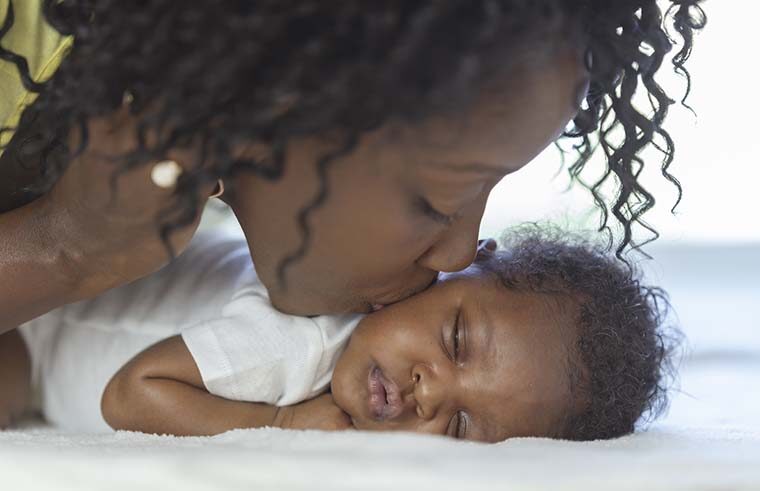
Spain
Spanish parents are fairly casual when it comes to bedtimes, with many children not retiring for bed until well after 10pm. Apparently, families are more concerned with spending time together and the social development it offers the child. Perhaps this is where the afternoon siesta came in … to help everyone catch up on some extra sleep.
France
You’ve probably heard that French children are well behaved and babies sleep perfectly from day one. Apparently, French families employ the sleep training method of letting their baby cry a little to see if they need to be consoled, before rushing in to comfort them. This relaxed approach is said to continue as the child grows older, with children often going to bed as late as their parents.
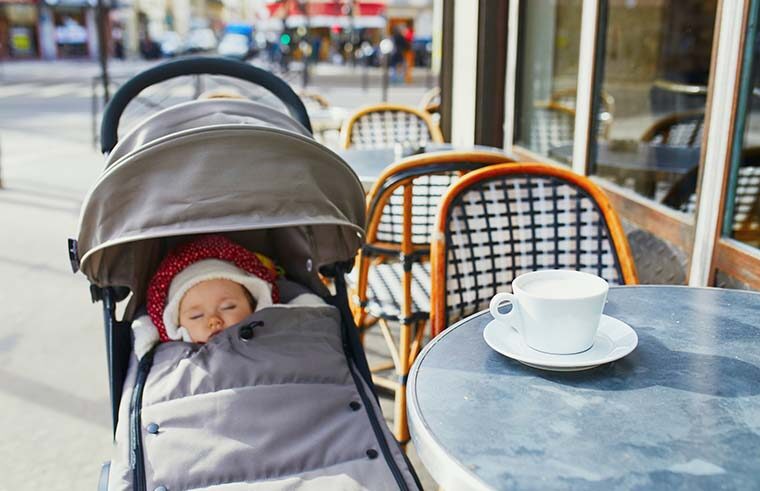
Egypt
Egyptian families enjoy co-sleeping with up to four family members, where, due to the heat, it’s custom to leave a window open, where the noises of the busy streets help everyone drift off to sleep. And if you’re wondering how anyone can sleep like that, they’ve got it sorted. Apparently, Egyptians enjoy a short burst of sleep overnight, and a snooze the next day to help balance it all out.
Australia
Apparently, we have the earliest bedtimes in the world! It’s also been noted that we have government-subsidised sleep centres to help us implement sleep routines for our babies, which may seem very strange to countries like Africa and Japan! The U.S. has a similar routine-focused approach for babies and sleep, with the bedtime ritual being an integral part of the day.
Afghanistan
In countries like the U.S. and Australia, early bedtime for children is a norm, however, in Muslim-majority countries, bedtime is organised in accordance with prayer times, which occur at sunset and in the night. In Afghanistan, there typically isn’t a dedicated bedroom, but rather a sleep space for everyone, that must be made up each night, before being put away again in the morning.
 Need some more baby sleep advice? Our Parent School sleep experts can help. Click to find out more or book a one-on-one session.
Need some more baby sleep advice? Our Parent School sleep experts can help. Click to find out more or book a one-on-one session.

